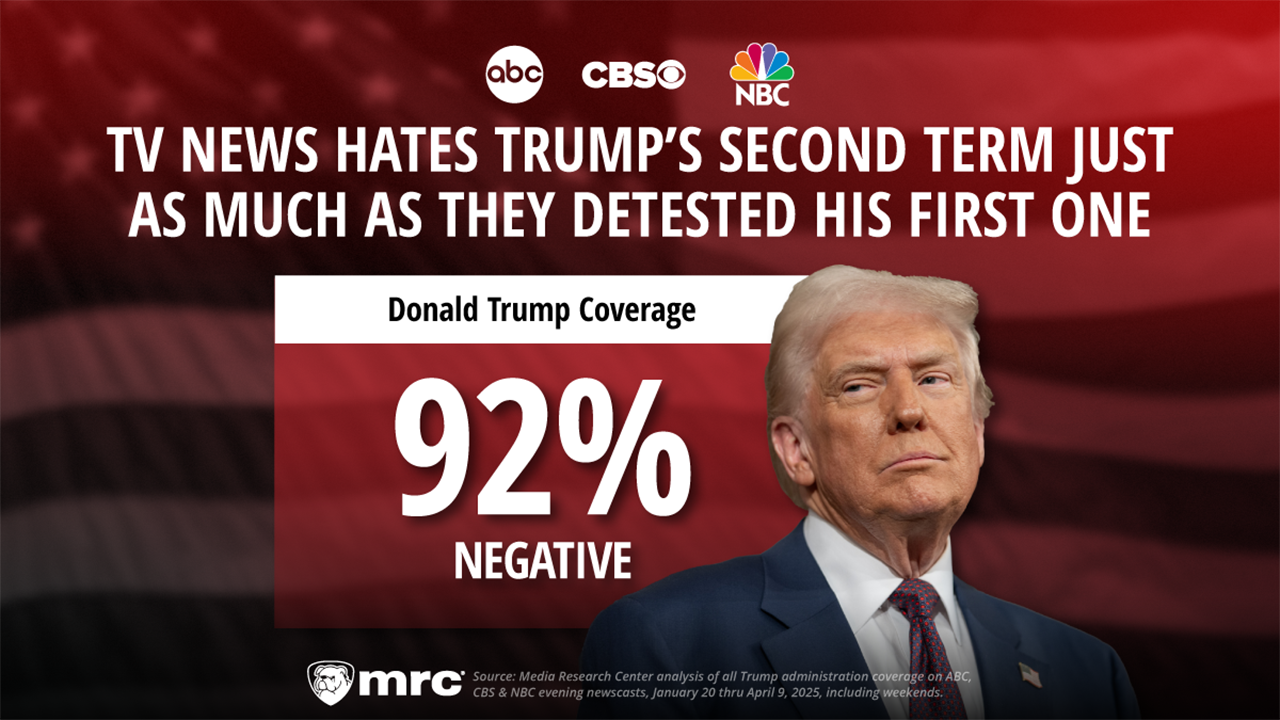Rebecca Holland
Mon, Apr 28, 2025, 5:30 AM 5 min read
For many remote workers, the flexibility offered by working at home can’t be beat.
In a McKinsey survey from 2022, 21% of remote workers reported that getting a remote role was their primary motivation for seeking a new job. Furthermore, according to an independent survey of more than 12,000 respondents who work remotely, the ability to work from anywhere has increased their happiness by as much as 20%.
-
I'm 49 years old and have nothing saved for retirement — what should I do? Don't panic. Here are 5 of the easiest ways you can catch up (and fast)
-
Thanks to Jeff Bezos, you can now become a landlord for as little as $100 — and no, you don't have to deal with tenants or fix freezers. Here's how
-
Nervous about the stock market in 2025? Find out how you can access this $1B private real estate fund (with as little as $10)
So what if you’re currently on the job hunt, and have received a nice offer, but now find out it will mean you need to work from the office for at least three days a week? Is it worth it to trade in your sweats for a rush-hour commute? We’ll break down the added costs of office-based work, plus the benefits that you might enjoy.
Say you’re currently making $140K with a 10% performance bonus. Your new offer has a base salary of $170K with a 15% bonus. However, you’ll be leaving a fully-remote role for a mandatory hybrid working arrangement, with three days a week in-office.
The extra salary could help you afford a down payment on your own home, which is your major financial goal.
So what would the extra salary look like on your monthly paycheck? If you live in California, for example, your total income after taxes would be $114,921, not including deductions for health insurance or any contributions to retirement accounts. In contrast, your current take-home pay at your $140,000 salary is $97,119. So the difference is $17,802, or $1,483.50 per month. When you consider your health care and retirement savings costs, you can target about $1,000 extra per month in income — which isn’t bad, but might not be enough to get you meaningfully closer to your goal of homeownership.
Read more: This hedge fund legend warns US stock market will crash a stunning 80% — claims 'Armageddon’ is coming. Don’t believe him? He earned 4,144% during COVID. Here’s 3 ways to protect yourself
If you choose to transition back to working in-office, you’ll have to consider your transportation costs. As a remote worker, you may not have a car, or you may not use your car very often. With potentially long commutes ahead of you, you’ll need a reliable vehicle, a healthy gas budget, and some savings set aside in case of accidents or repairs. You may also need to consider whether your current auto insurance will be sufficient for your needs. If you work in the city, parking might also become a monthly expense you’ll need to factor in.
.png)
 German (DE)
German (DE)  English (US)
English (US)  Spanish (ES)
Spanish (ES)  French (FR)
French (FR)  Hindi (IN)
Hindi (IN)  Italian (IT)
Italian (IT)  Russian (RU)
Russian (RU) 







Comments